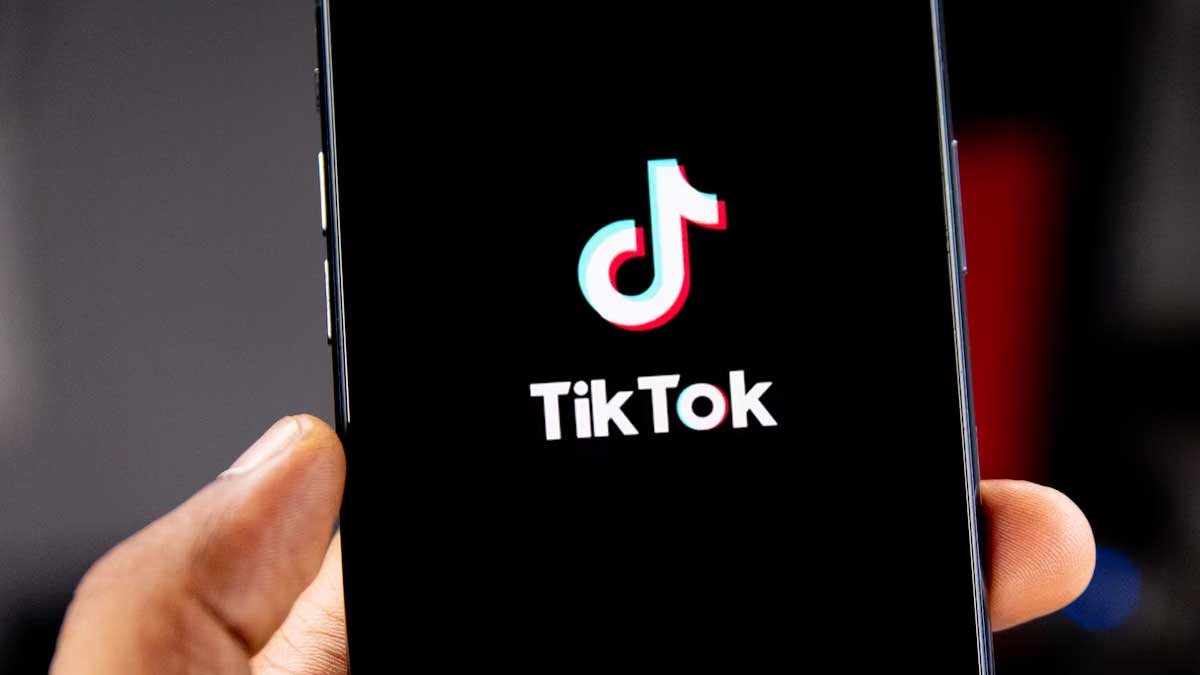- Home
- Billionaires
- Investing Newsletters
- 193CC 1000
- Article Layout 2
- Article Layout 3
- Article Layout 4
- Article Layout 5
- Article Layout 6
- Article Layout 7
- Article Layout 8
- Article Layout 9
- Article Layout 10
- Article Layout 11
- Article Layout 12
- Article Layout 13
- Article Layout 14
- Article Sidebar
- Post Format
- pages
- Archive Layouts
- Post Gallery
- Post Video Background
- Post Review
- Sponsored Post
- Leadership
- Business
- Money
- Small Business
- Innovation
- Shop
Recent Posts
Ex-TikTok Exec Accuses ByteDance of Control

Katie Puris, a former executive at TikTok, has filed a lawsuit against the social media platform, alleging that its Chinese parent company, ByteDance, maintains significant control over TikTok, contradicting TikTok’s claims of independence. Puris, who previously sued TikTok for age and gender discrimination, asserts that ByteDance executives, not TikTok CEO Shou Zi Chew, are the true decision-makers behind the platform’s operations.
In her lawsuit, Puris claims that ByteDance executives oversee crucial aspects of TikTok, including marketing strategies, brand management, staffing decisions, and budget allocations. She alleges that Chew primarily serves as a conduit for these executives, rather than exercising genuine autonomy over TikTok’s operations.
Puris further alleges that TikTok misrepresented its relationship with ByteDance to lawmakers and the public. Following her initial discrimination complaint, TikTok’s counsel reportedly stated that ByteDance did not employ Puris or any other individual, a claim she disputes as false. Puris asserts that these misrepresentations were part of TikTok’s efforts to portray itself as independent from ByteDance, which is headquartered in Beijing.
The lawsuit also includes claims about the termination of Puris’ supervisor, which she alleges was influenced by ByteDance leaders’ dissatisfaction with his marketing decisions. Puris asserts that this incident demonstrates ByteDance’s significant control over TikTok’s operations and decision-making processes.
Additionally, the lawsuit cites an unnamed U.S.-based senior leader at TikTok who allegedly messaged Puris after her termination, indicating that Chinese control over the platform had intensified. This message suggests that ByteDance has increased its influence over TikTok since Puris’ departure, contrary to TikTok’s claims of independence.
These allegations come amid heightened scrutiny of TikTok’s ties to China. In response to concerns about the security of American user data, President Joe Biden recently signed a law requiring ByteDance to sell TikTok or face a U.S. ban within a year. ByteDance has been given approximately nine months to initiate the sale, with a possible 90-day extension if “significant progress” toward a sale is made.
TikTok has faced allegations for years regarding its relationship with ByteDance, including accusations that Chinese-based staff can access U.S. user data and that TikTok employees have shared information with ByteDance leadership. TikTok has consistently denied these allegations.
Despite TikTok’s efforts to address security concerns, such as routing U.S. user traffic to servers provided by Oracle, these measures have not fully assuaged the concerns of U.S. lawmakers. A majority of lawmakers supported the bill requiring ByteDance to sell TikTok, indicating ongoing tensions between TikTok, ByteDance, and U.S. regulators over the platform’s ownership and control.
Recent Posts
Categories
- 193cc Digital Assets2
- 5G1
- Aerospace & Defense45
- AI33
- Arts3
- Banking & Insurance11
- Big Data3
- Billionaires308
- Boats & Planes1
- Business315
- Careers13
- Cars & Bikes74
- CEO Network1
- CFO Network17
- CHRO Network1
- CIO Network1
- Cloud10
- CMO Network18
- Commercial Real Estate7
- Consultant1
- Consumer Tech171
- CxO1
- Cybersecurity59
- Dining1
- Diversity, Equity & Inclusion4
- Education7
- Energy8
- Enterprise Tech29
- Events11
- Fintech1
- Food & Drink2
- Franchises1
- Freelance1
- Future Of Work2
- Games141
- GIG1
- Healthcare77
- Hollywood & Entertainment175
- Houses1
- Innovation41
- Investing2
- Investing Newsletters4
- Leadership65
- Lifestyle11
- Manufacturing1
- Markets20
- Media189
- Mobile phone1
- Money13
- Personal Finance2
- Policy554
- Real Estate1
- Research6
- Retail1
- Retirement1
- Small Business1
- SportsMoney30
- Style & Beauty1
- Success Income1
- Taxes2
- Travel10
- Uncategorized8
- Vices1
- Watches & Jewelry2
- world's billionaires278
Related Articles
Adani Denies $250M Bribery Allegations, Vows Legal Fight
Indian billionaire Gautam Adani addressed the recent allegations brought forth by U.S....
By 193cc Agency CouncilNovember 30, 2024Why NotebookLM Will Revolutionize Small Businesses
Last year, I wrote that Google’s NotebookLM was “definitely not open for...
By 193cc Agency CouncilNovember 30, 2024Dell and HP Shares Drop 12% on Weak Forecasts
Shares of personal computer giants Dell Technologies and HP Inc. dropped sharply...
By 193cc Agency CouncilNovember 28, 2024Hyundai Recalls 226,000 Vehicles for Camera Defect
Hyundai has announced its fourth vehicle recall in November, affecting over 226,000...
By 193cc Agency CouncilNovember 27, 2024















Leave a comment